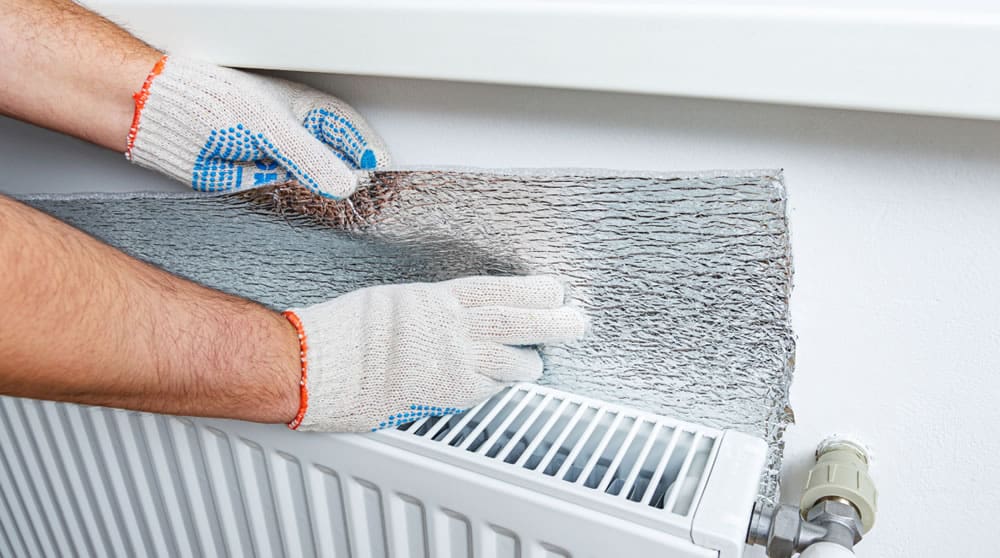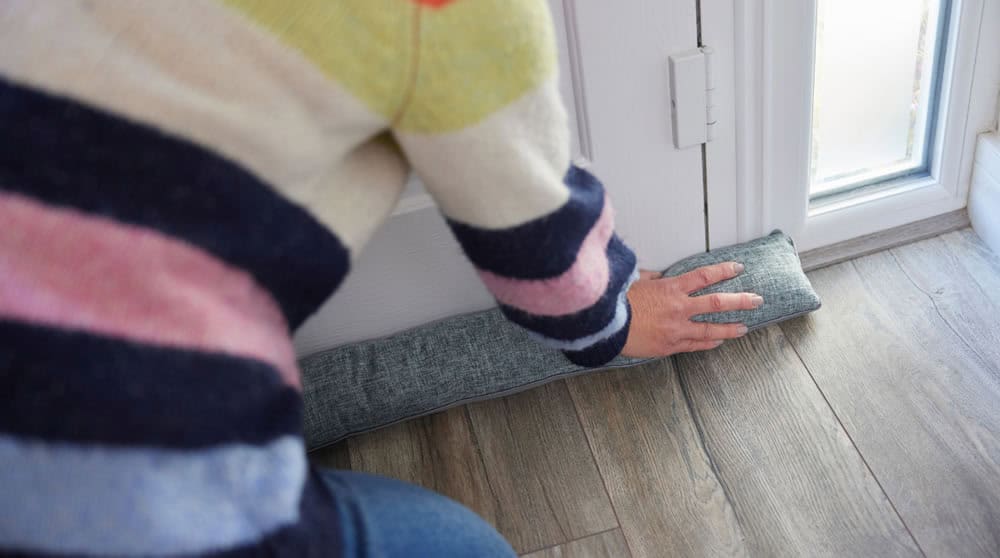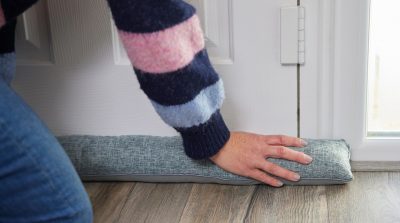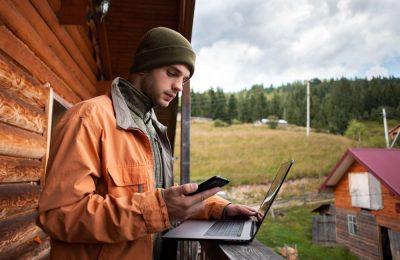The continuing cost of living crisis is hitting everyone hard, and for tenants in Scotland, the thought of keeping warm without breaking the bank can feel overwhelming. It’s a stark choice no one should have to make: heating or eating?
For some, this is a very real issue. While the milder spring and summer weather brings some short-term relief from heating bills, we need long term solutions. So, we’ve compiled a list of actionable tips to help tenants make it through these uncertain times.
Understanding your rights and your landlord’s responsibilities
First things first, know your rights! In Scotland, your landlord has a legal responsibility to ensure your property is “wind and watertight” and “fit for human habitation.” This includes maintaining the heating system in good working order.
- Report issues promptly: if your heating isn’t working efficiently or is faulty, don’t delay in informing your landlord or letting agent in writing. Keep a copy of all communication.
- Request repairs: your landlord is generally responsible for repairs to the heating system, unless the damage is due to your misuse.
- Energy Performance Certificate (EPC): when you moved in, you should have been provided with an EPC. This certificate gives you an idea of your property’s energy efficiency and potential running costs.
Smart strategies for a warmer home – without a hefty bill
Now, let’s get practical. Here are some actionable tips you can implement to maximise warmth and minimise your heating costs:
- Layer up:
- Think about your clothing and embrace layers! Thermal tops, jumpers, thick socks, and even a hat indoors can make a significant difference.
- Think textiles for your home: use thick curtains or blinds to prevent heat loss through windows, especially at night. Draught excluders under doors and along windowsills can also work wonders. Rugs on hard floors add insulation and warmth underfoot.
- Be smart with your heating:
- Targeted heating: instead of heating the whole house, focus on heating the rooms you’re actually using. Close doors to unused rooms to trap the heat.
- Lower but longer: consider keeping your heating on at a lower temperature for longer periods rather than blasting it on and off. This can sometimes be more efficient in the long run, especially in poorly insulated homes, as it prevents the walls and furniture from getting too cold.
- Timers are your friend: use your thermostat’s timer to heat your home only when you need it – for example, in the mornings and evenings.
- Bleed your radiators: trapped air in your radiators prevents them from heating efficiently. Bleeding them regularly (releasing any trapped air) can improve their performance. Your landlord should be able to advise you on how to do this safely, or take a look at our plumbing and heating FAQs.
- Don’t block radiators: avoid placing furniture directly in front of radiators, as this will absorb the heat and prevent it from circulating effectively.
- Maximise natural heat:
- Open curtains during the day: let the sunlight in! Even on a cold day, the sun can provide some natural warmth.
- Close curtains at dusk: as soon as it gets dark, close your curtains to trap any heat inside.
- Effective ventilation is key:
- While you want to keep the heat in, good ventilation is crucial for preventing damp and condensation, which can make your home feel colder.
- Ventilate briefly and effectively by opening windows wide for a short period rather than leaving them ajar for a long time. Do this after showering or cooking.
- Consider energy-saving gadgets:
- Talk to your landlord before making any significant changes to the property. However, even small, non-permanent measures like energy-efficient light bulbs, radiator reflectors and chimney draught excluders can make a difference.
- Seek support and advice:
- Home Energy Scotland: this government-backed service offers free and impartial advice on saving energy in your home. They can provide tailored advice and information on potential grants and funding.
- Citizens Advice Scotland: they can offer advice on your rights as a tenant and help you navigate any disputes with your landlord.
- Local authorities: your local council may have schemes or initiatives to support residents with energy costs.
Communication is crucial
Maintaining open communication with your landlord is vital. If you’re struggling to heat your home adequately or are concerned about energy costs, reach out to them.
They may be able to offer advice, or they might consider improvements to the property’s energy efficiency in the long term. Improvements could include additional insulation, installing smart controls to your heating and hot water system, or even installing a new highly energy efficient boiler. Another great source of information is your local heating engineer – they’ll be able to give you and your landlord some tips and advice specific to your property type and location.
These are challenging times, but understanding your rights, implementing smart strategies, and seeking available support can all help you to keep your rented home in Scotland warm and comfortable – without sacrificing your essential needs. We don’t want anyone to have to choose between heating and eating – let’s work towards having both.












